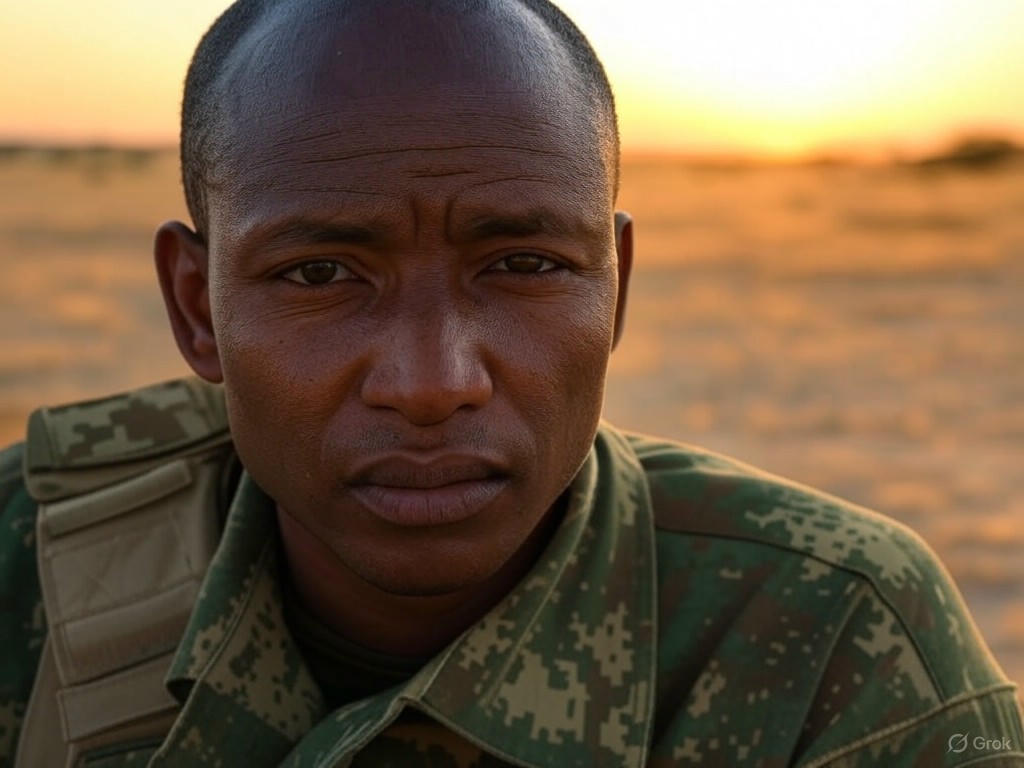Shifting Sands: Wagner Group Exits Mali as Africa Corps Takes Root
In a surprising turn of events, Russia’s infamous Wagner Group, a private military company, has announced its withdrawal from Mali, marking a significant shift in the West African nation’s complex security landscape. The group, known for its shadowy operations and close ties to the Kremlin, has played a controversial role in Mali since arriving to support the military junta that seized power in recent years. Their departure raises questions about the future of Russian influence in the region and the evolving dynamics of foreign intervention in Africa.
For several years, Wagner mercenaries have been a key player in Mali’s fight against insurgent groups that have plagued the country’s northern and central regions. Hired by the junta to bolster security and reclaim control over contested areas, the group’s presence was often criticized by international observers for alleged human rights abuses and a lack of transparency. Despite these concerns, their efforts contributed to stabilizing certain regional centers, allowing the military government to tighten its grip on power. However, their exit signals a potential pivot in Mali’s strategy, as the junta appears to be realigning its partnerships. While Wagner is packing up, another Russian entity, reportedly named Africa Corps, is set to remain, suggesting that Moscow’s interest in Mali is far from waning.
The transition from Wagner to Africa Corps could indicate a rebranding or restructuring of Russian military involvement in the region. Analysts speculate that Africa Corps might operate with a different mandate, possibly focusing on long-term strategic goals rather than the short-term combat missions that defined Wagner’s tenure. This shift comes at a time when Mali’s government is navigating strained relations with Western nations, particularly France, which withdrew its forces after years of counterterrorism operations. With traditional allies stepping back, Mali has increasingly turned to Russia for support, a trend mirrored in other African countries seeking alternatives to Western influence. The presence of Africa Corps could solidify this partnership, providing training, equipment, and intelligence to Malian forces while maintaining Russia’s foothold in the Sahel.
As Wagner departs, the implications for Mali’s security and governance remain uncertain. Will Africa Corps adopt a more restrained approach, or will it inherit the same criticisms that haunted its predecessor? Local communities, already weary of foreign intervention, may find little solace in this change of guard. Meanwhile, the international community watches closely, wary of Russia’s expanding influence in a region already grappling with instability. Mali’s future hangs in the balance as it balances the benefits of Russian support against the risks of deeper entanglement in geopolitical rivalries.
The exit of Wagner Group from Mali is not just a military maneuver; it’s a glimpse into the evolving nature of global power plays in Africa. As one chapter closes, another begins with Africa Corps, leaving the world to wonder what this new player will bring to an already turbulent stage.


